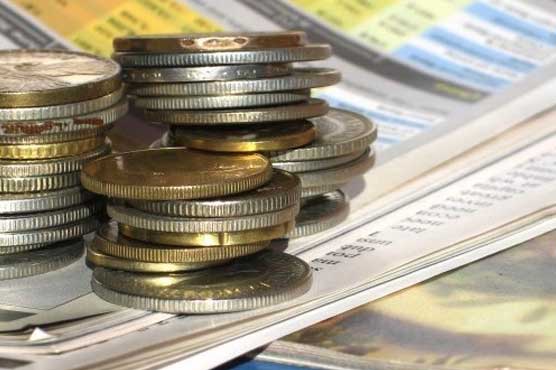Growth of sharia-compliant investment funds in Pakistan is helping fuel demand for sukuk, or Islamic bonds, giving local firms new funding options while strengthening the case for Islamic pensions in other majority-Muslim countries.
Strong demand for Islamic funds, and in turn sukuk, could encourage other countries trying to deepen their Islamic capital markets, in particular in the Gulf region where private pensions are rare.
Pakistan’s Islamic banks lag their conventional peers, holding around 13 per cent of total deposits, while Islamic mutual funds and private pensions have a far greater market share.
Islamic mutual funds held 242.7 billion rupees ($2.3 billion) in assets as of December, or 37 per cent of the total, official statistics show.
Almost two-thirds of assets in the country’s voluntary pension system (VPS) are now managed under Islamic principles.
All 10 VPS managers offer Islamic pension products, worth a combined 14.5 billion rupees, or 63 per cent of total VPS assets with the largest VPS product being sharia-compliant.
Attractive yields, tax exemptions and greater flexibility in choosing external managers have made VPS products popular, which in turn adds to demand for sukuk, said Abdullah Ghaffar, head of investment banking at Al Baraka Bank Pakistan.
“Mutual funds, both fixed income as well as equity funds, have become big time investors in existing and new sukuk issues taking place because of the huge assets under management under their disposal.”
Two recent sukuk transactions from manufacturing companies attracted significant interest from such investment funds, while equity funds are also becoming active in initial public offerings, Ghaffar added.
Reforms from Pakistan’s capital market regulator have also helped equity-like financing vehicles, known as modarabas, to grow their combined assets above 41 billion rupees.
Incentives:
Islamic funds screen their portfolios according to religious guidelines such as bans on tobacco, alcohol and gambling, similar to socially responsible funds in Western markets.
They must also adhere to Islam’s ban on interest payments, which confines them to sukuk for their fixed-income investments, a relatively small market where demand has traditionally exceeded supply.
Tax changes have also helped sukuk issuance. In September, Federal Board of Revenue (FBR) granted sukuk similar tax treatment to conventional bonds.
This has attracted a wide range of issuers: Byco Oil Pakistan Limited raised 3.12 billion rupees via sukuk using a credit guarantee and Ghani Gases raised 1.3 billion rupees via a privately-placed sukuk last month.
In December, Fatima Fertiliser Company mandated banks to raise 10.5 billion rupees through a lease-based sukuk.
Pakistan GasPort Consortium Limited plans to raise 8.6 billion rupees via seven-year sukuk to finance the construction of the country’s second LNG import terminal.
 Strong demand for Islamic funds, and in turn sukuk, could encourage other countries trying to deepen their Islamic capital markets, in particular in the Gulf region where private pensions are rare.
Strong demand for Islamic funds, and in turn sukuk, could encourage other countries trying to deepen their Islamic capital markets, in particular in the Gulf region where private pensions are rare. 